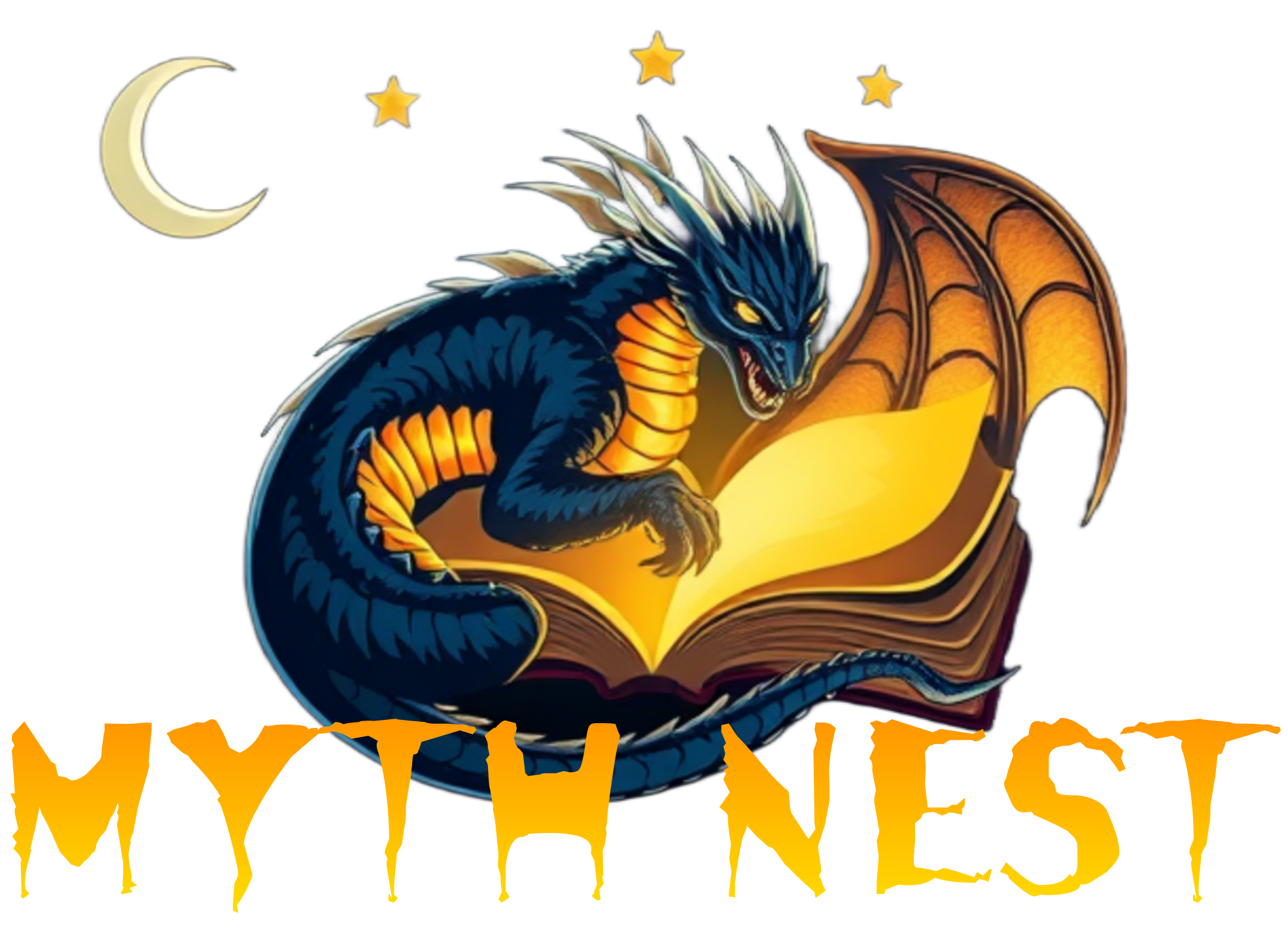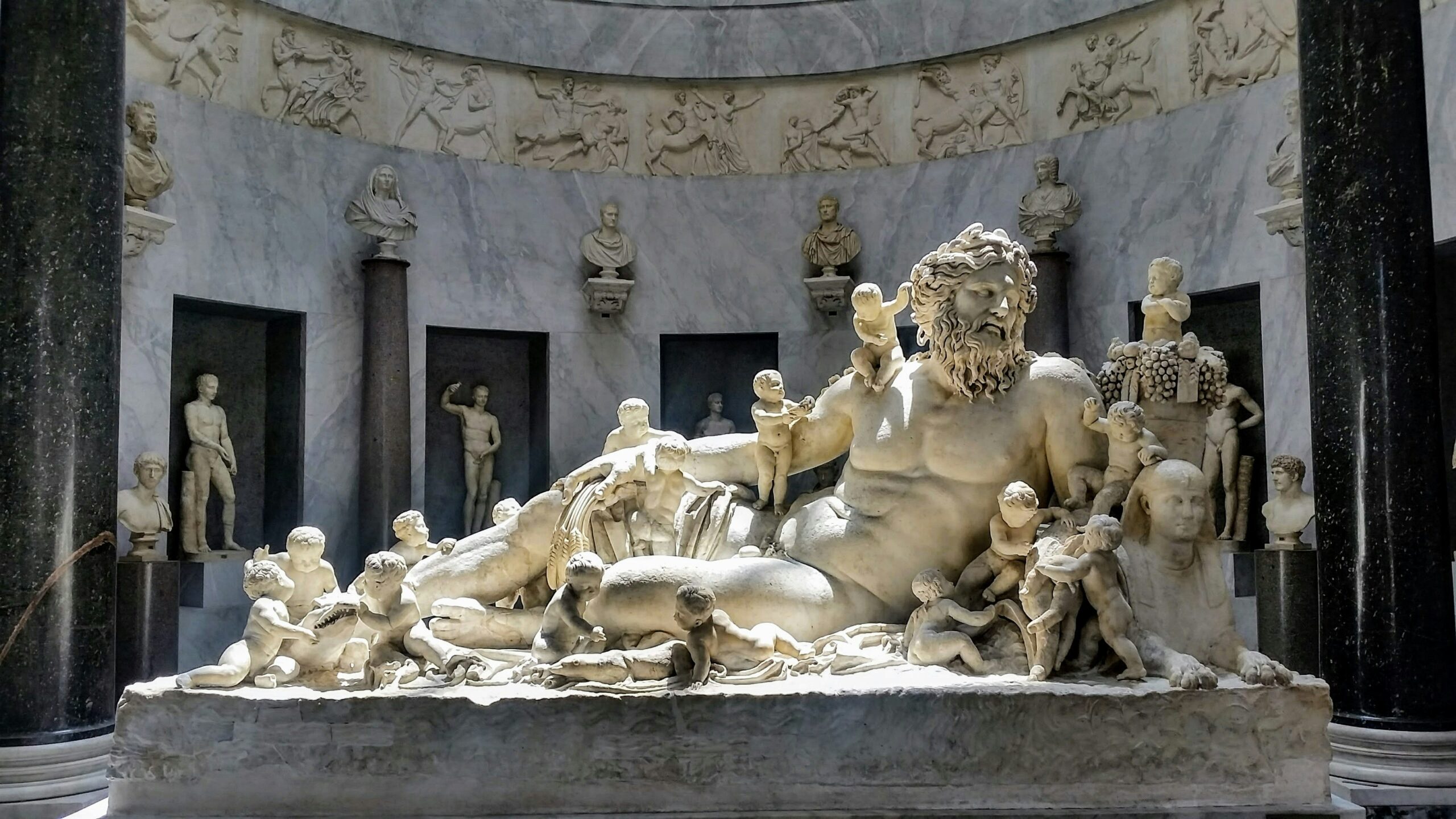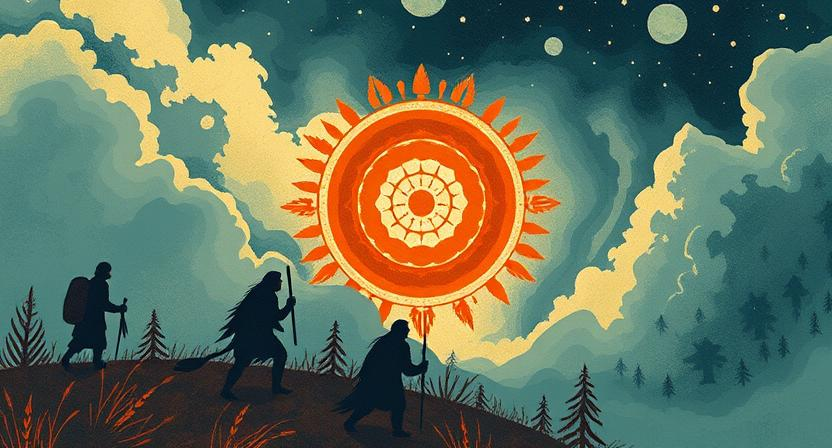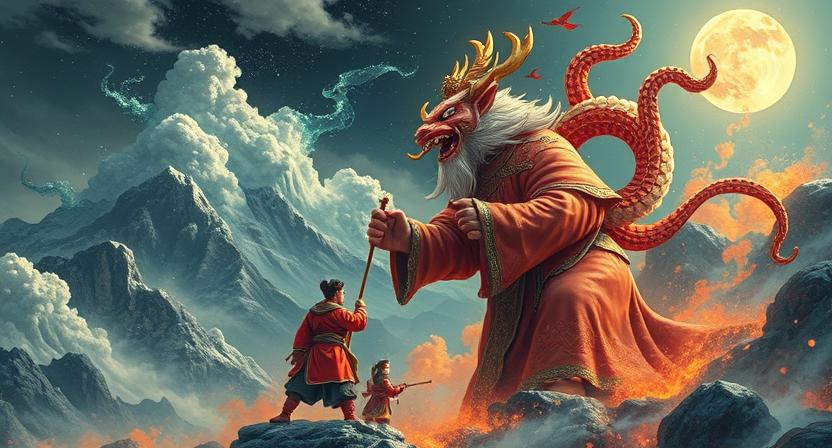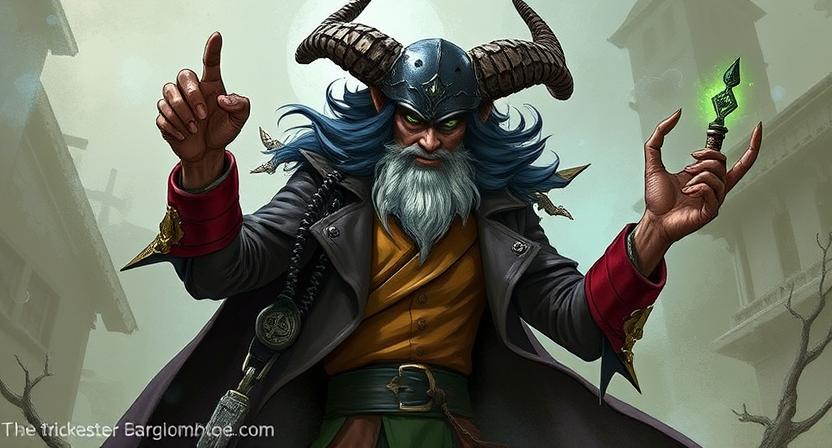The Creation of Chaos
In the beginning, there existed only Chaos, a vast and formless void that encompassed everything. Within this primordial state of Chaos, the elements of the universe were yet to take shape, waiting to be brought into existence.
From Chaos emerged Gaia, the Earth, representing the physical realm, and Uranus, the Sky, embodying the heavens above. These two powerful primordial deities laid the foundation for the creation of the world and set the stage for the unfolding of the ancient Greek mythological cosmos.
• Gaia, the Earth, symbolizing the physical realm
• Uranus, the Sky, representing the heavens above
• The foundation laid for the creation of the world
• Unfolding of the ancient Greek mythological cosmos
The Emergence of Gaia and Uranus
Gaia, the primordial Earth Mother, emerged from Chaos, the formless void that existed at the beginning of time. She embodied the essence of the earth, serving as the foundation of the natural world and the source of all life. With her emergence, Gaia brought order and structure to the tumultuous universe, establishing the basis for creation and growth.
Uranus, the god of the sky, soon emerged alongside Gaia. He became her consort, representing the heavens and the limitless expanse above. Together, Gaia and Uranus formed a powerful union that encompassed both the earthly realm and the celestial sphere, laying the groundwork for the birth of the Titans and the subsequent generations of gods and goddesses.
• Gaia, the Earth Mother, emerged from Chaos at the beginning of time
• She embodied the essence of the earth and served as the foundation of all life
• Gaia brought order and structure to the universe, establishing a basis for creation
• Uranus, god of the sky, emerged alongside Gaia as her consort
• Together, they formed a powerful union representing both earthly and celestial realms
The Birth of the Titans
In Greek mythology, the Titans were a group of powerful deities born from Gaia, the Earth, and Uranus, the sky. These primordial beings were known for their immense strength and played a significant role in the early cosmos. The Titans were the first generation of divine beings in Greek mythology, preceding the well-known Olympian gods and goddesses.
Among the most notable Titans were Cronus, Rhea, Oceanus, Hyperion, and Mnemosyne, among others, each with their own domain and influence over different aspects of the natural world. The Titans’ reign marked a time of great power and chaos in the universe, as they navigated the complexities of their relationships with both each other and the younger generation of gods that would eventually overthrow them.
• The Titans were born from Gaia, the Earth, and Uranus, the sky
• They were known for their immense strength and power
• The Titans were the first generation of divine beings in Greek mythology
• Cronus, Rhea, Oceanus, Hyperion, and Mnemosyne were among the most notable Titans
• Each Titan had their own domain and influence over different aspects of the natural world
The Reign of Cronus
Cronus, the youngest of the Titans, was driven by a fierce desire to maintain his power and control over the universe. Legend has it that he feared the prophecy that one of his own children would overthrow him, just as he had done to his own father, Uranus, with the help of his mother, Gaia. To prevent this fate from coming to fruition, Cronus devoured each of his children as soon as they were born, earning him the title of the “Devourer of Children.”
Despite his efforts to defy destiny, Cronus could not escape his ultimate fate. His wife, Rhea, managed to save their youngest son, Zeus, by tricking Cronus into swallowing a stone wrapped in swaddling clothes instead. Raised in secret, Zeus grew powerful and eventually challenged his father for control of the cosmos. In a fierce battle known as the Titanomachy, Zeus emerged victorious, casting Cronus and the other Titans into the depths of Tartarus, where they would remain imprisoned for eternity.
• Despite his fears, Cronus could not escape his destiny
• Cronus devoured each of his children to prevent the prophecy from coming true
• Rhea saved Zeus by tricking Cronus into swallowing a stone instead
• Zeus grew powerful and challenged Cronus for control of the cosmos
• Zeus emerged victorious in the Titanomachy battle
• Cronus and the other Titans were cast into Tartarus for eternity
The Rise of Zeus
Zeus, known as the ruler of the Olympian gods, was the youngest son of the Titan Cronus and the goddess Rhea. After overthrowing his father, Zeus emerged as the supreme deity in Greek mythology, wielding thunder and lightning as symbols of his power. His rise to prominence was marked by a series of elaborate myths and tales that showcased his cunning, strength, and influence over both gods and mortals.
Zeus’s ascension to power was not without challenges. He faced rebellions from other deities, including the Titans and Giants, who sought to overthrow him and claim dominion over the cosmos. Through a series of epic battles and strategic alliances, Zeus emerged victorious and solidified his position as the ruler of Mount Olympus and all of creation. His reign marked a new era of stability and order among the gods, with Zeus at the helm as the sovereign leader and arbiter of divine justice.
• Zeus, the ruler of the Olympian gods, was the youngest son of Cronus and Rhea
• He overthrew his father to become the supreme deity in Greek mythology
• Zeus wielded thunder and lightning as symbols of his power
• His rise to prominence was marked by elaborate myths showcasing his cunning and strength
Despite facing rebellions from other deities like Titans and Giants:
• Zeus emerged victorious through epic battles and alliances
• He solidified his position as the ruler of Mount Olympus and all creation
• His reign brought stability and order among the gods
• Zeus became known as the sovereign leader and arbiter of divine justice.
The Creation of Humans
Humans were formed from a combination of earth and water by the Titan Prometheus and the goddess Athena. Prometheus molded the figure of the first human out of clay, while Athena breathed life into this creation. This act marked the beginning of humanity, setting humans apart from the other creatures in the world.
The creation of humans symbolizes the ingenuity and divine intervention that are often present in Greek mythology. It highlights the close connection between the gods and the mortal world, emphasizing the role of the divine in shaping the course of human existence. The story of human creation serves as a reminder of the intricacies and complexities of life, underscoring the importance of both the material and the spiritual in understanding the nature of humanity.
• The Titan Prometheus molded the figure of the first human out of clay
• The goddess Athena breathed life into this creation
• This act marked the beginning of humanity, setting humans apart from other creatures in the world
• The creation symbolizes ingenuity and divine intervention in Greek mythology
• It highlights the close connection between gods and mortals
• Emphasizes the role of the divine in shaping human existence
• Serves as a reminder of intricacies and complexities of life
The Role of Prometheus in Human Creation
Prometheus, the Titan known for his cunning and intelligence, played a pivotal role in the creation of humanity according to Greek mythology. It is said that Prometheus took it upon himself to mold the first humans out of clay, shaping them in the likeness of the gods themselves. With great care and attention to detail, he breathed life into these figures, thus initiating the existence of the human race.
The act of creating humans by Prometheus was not just a mere physical endeavor, but a significant contribution to the development of civilization. As the humans began to populate the Earth, they were endowed with various attributes and abilities that set them apart from the other creatures. Prometheus’s ingenuity and compassion towards his creations paved the way for the emergence of a species capable of reason, creativity, and resilience, marking a new chapter in the grand narrative of Greek mythology.
• Prometheus, known for his cunning and intelligence, molded the first humans out of clay
• He shaped them in the likeness of gods and breathed life into them
• The creation of humanity by Prometheus was a significant contribution to civilization
• Humans were endowed with attributes and abilities that set them apart from other creatures
• Prometheus’s ingenuity paved the way for a species capable of reason, creativity, and resilience
The Punishment of Prometheus
Prometheus, the Titan known for his cunning and generosity towards humanity, faced severe consequences for his actions that defied the will of Zeus. As the protector and benefactor of mortals, Prometheus dared to steal the gift of fire from the gods and bestow it upon mankind. This act of defiance angered Zeus, who sought to punish Prometheus for his betrayal and arrogance.
In a cruel display of power and vengeance, Zeus sentenced Prometheus to eternal torment. The Titan was bound to a rock in the Caucasus Mountains, where each day an eagle would come to feast on his liver, only for it to regenerate overnight, ensuring perpetual suffering for Prometheus. This punishment served as a warning to all who dared to challenge the authority of the gods, highlighting the consequences of rebellion and the unforgiving nature of divine retribution.
• Prometheus, the Titan known for his cunning and generosity towards humanity
• Stole fire from the gods and gave it to mankind
• Angered Zeus, who punished him severely
• Sentenced to eternal torment in the Caucasus Mountains
• Bound to a rock where an eagle would eat his liver daily
• Liver would regenerate overnight, causing perpetual suffering
• Punishment served as a warning against challenging divine authority
The Story of Pandora
In Greek mythology, Pandora was the first woman created by the gods. She was bestowed with numerous gifts and talents from various deities including beauty, persuasiveness, and intelligence. Despite her intriguing qualities, Pandora’s curiosity led her to open a forbidden box, releasing all the evils and misfortunes into the world.
As the evils spread rapidly, Pandora desperately tried to close the box, managing to trap Hope inside before it could escape. This act of preserving Hope amongst all the adversities and challenges that humanity would face symbolizes the perseverance and resilience found in even the darkest of times. The tale of Pandora serves as a cautionary reminder about the consequences of succumbing to curiosity and the enduring power of Hope in the face of despair.
• Pandora was the first woman created by the gods
• She was gifted with beauty, persuasiveness, and intelligence
• Her curiosity led her to open a forbidden box releasing all evils into the world
• Despite spreading rapidly, she managed to trap Hope inside before it could escape
• The tale of Pandora symbolizes perseverance and resilience in dark times
The Divine Gifts to Humanity
In Greek mythology, the gods were said to have bestowed upon humanity various gifts that are seen as essential to our existence and development. One of these gifts is the ability to reason and think critically, which was given by the goddess Athena. This gift allowed humans to navigate the world with intellect and make decisions based on logic and analysis.
Another important gift bestowed upon humanity was the gift of fire, which was stolen and given to us by the Titan Prometheus. Fire symbolized not only warmth and light but also innovation and progress. With fire, humans were able to cook food, stay warm, and protect themselves, marking a significant advancement in our evolution and survival.
• The ability to reason and think critically, given by the goddess Athena
• Gift of fire, stolen and given to us by the Titan Prometheus
◦ Symbolized warmth and light
◦ Enabled innovation and progress
◦ Allowed humans to cook food, stay warm, and protect themselves
The Titanomachy: The Battle of the Gods
The Titanomachy, also known as the Battle of the Gods, was a mighty clash between the Olympian gods led by Zeus and the Titans led by Cronus. This epic war marked a pivotal moment in Greek mythology as the younger Olympian gods sought to overthrow the oppressive rule of the elder Titans.
The Titanomachy was a fierce and bloody conflict that lasted for ten long years, with both sides displaying incredible power and determination. The Olympians eventually emerged victorious, banishing the defeated Titans to the dark depths of Tartarus, a deep pit beneath the underworld.
• The Titanomachy was sparked by the prophecy that one of Cronus’ children would overthrow him, leading to his ruthless actions of devouring his offspring.
• Zeus, the youngest son of Cronus and Rhea, led the charge against his father and the Titans with help from his siblings: Poseidon, Hades, Hera, Demeter, and Hestia.
• The Olympians received aid from powerful allies such as the Cyclopes and Hecatoncheires (Hundred-Handed Ones), who provided them with formidable weapons to use in battle.
• Despite their immense strength and cunning tactics, the Titans were ultimately defeated by the united forces of the younger gods.
The Imprisonment of the Titans
After their defeat in the Titanomachy, the Titans faced a grim fate. Led by Zeus, the Olympian gods imprisoned the Titans in Tartarus, the deepest and darkest abyss of the Underworld. This imprisonment was a symbol of the shift in power from the older generation of deities to the new rulers of Mount Olympus.
Tartarus served as an inescapable prison for the Titans, ensuring that they could never challenge the authority of the Olympian gods again. The harshness of their punishment reflected the ruthless nature of the power struggle that had taken place, solidifying the reign of Zeus and the other Olympian gods over the cosmos.
• The Titans were imprisoned in Tartarus, the deepest abyss of the Underworld
• This symbolized the shift in power from the Titans to the Olympian gods
• Tartarus served as an inescapable prison for the Titans
• Their punishment reflected the ruthless nature of the power struggle
• The reign of Zeus and other Olympian gods was solidified by this act
The Olympian Gods and Goddesses
The Olympian Gods and Goddesses are a powerful and diverse group in Greek mythology. They are led by Zeus, the king of the gods who wields thunder and lightning as his symbols of power. Hera, Zeus’ wife and queen of the gods, is known for her jealousy and protectiveness over her marriage.
Other notable members include Poseidon, the god of the sea, who commands the waves and storms with his trident, and Athena, the goddess of wisdom and warfare, who is often depicted in armor and holding a spear. Apollo, the god of the sun and music, is associated with healing and prophecy, while his twin sister Artemis is the goddess of the hunt and protector of young girls. The Olympian Gods and Goddesses are central figures in Greek mythology, embodying a wide range of powers and attributes that shape the world and influence the lives of mortals.
• Zeus, the king of the gods, wields thunder and lightning
• Hera, queen of the gods, known for her jealousy and protectiveness over her marriage
• Poseidon, god of the sea, commands waves and storms with his trident
• Athena, goddess of wisdom and warfare, depicted in armor holding a spear
• Apollo, god of the sun and music associated with healing and prophecy
• Artemis, goddess of the hunt and protector of young girls
The Division of the World among the Gods
The Olympian gods each claimed their dominion over different realms of the world. Zeus, the supreme ruler, took control of the skies and heavens where he held court from his seat on Mount Olympus. Poseidon, powerful and tempestuous, reigned over the seas and oceans, commanding the waves and all creatures beneath the water’s surface.
Hades, the enigmatic and brooding god, ruled the underworld, where the souls of the departed resided in eternal darkness. Demeter, the gentle goddess of the harvest, was granted authority over the fertile lands and the cycle of growth and harvest that sustained mortals. Each deity played a crucial role in maintaining the balance of the world and ensuring the natural order of things continued unabated.
• Zeus claimed dominion over the skies and heavens, ruling from Mount Olympus
• Poseidon reigned over the seas and oceans, controlling the waves and sea creatures
• Hades ruled the underworld where departed souls resided in eternal darkness
• Demeter was granted authority over fertile lands and the cycle of growth and harvest
The Creation of Mount Olympus
Mount Olympus stands as the majestic abode of the Olympian gods and goddesses in Greek mythology. According to ancient tales, the towering mountain was said to have been formed as a result of the intense power struggles and battles that transpired between the primordial deities, Titans, and Olympian gods. The peak of Mount Olympus came to symbolize the harmonious rule and supremacy of the Olympian pantheon over the divine realm, contrasting with the tumultuous events that led to its creation.
The myths surrounding the establishment of Mount Olympus convey the significance of divine order and hierarchy within Greek cosmology. The mountain was not merely a physical location but a symbol of the gods’ unity and authority over the mortal world. Through the creation of Mount Olympus, the ancient Greeks sought to establish a sacred space where the Olympian gods could oversee and govern the affairs of humanity, solidifying their role as the supreme deities of the Greek pantheon.
• The creation of Mount Olympus was a result of power struggles between primordial deities, Titans, and Olympian gods
• Mount Olympus symbolizes the harmonious rule and supremacy of the Olympian pantheon
• The mountain represents divine order and hierarchy within Greek cosmology
• It served as a sacred space for the Olympian gods to govern the affairs of humanity
The Establishment of the Greek Pantheon
The Greek pantheon was solidified through the reign of Zeus, who became the most powerful of the gods after defeating his father, Cronus, in a great battle. Zeus’s authority as the king of the gods was unquestioned, and he presided over Mount Olympus alongside his fellow Olympian deities. Each god and goddess governed different aspects of life and the natural world, from love and war to wisdom and the harvest. The pantheon was a complex hierarchy, with each deity playing a distinct role in the divine order of things.
The establishment of the Greek pantheon set the stage for a rich tapestry of myths and legends that would influence not only ancient Greek society, but also Western culture for centuries to come. The interactions between gods and humans, the epic battles between deities, and the divine gifts bestowed upon humanity all wove together a narrative that shaped the beliefs and values of the ancient Greeks. The pantheon’s influence extended beyond religion, permeating art, literature, politics, and philosophy, leaving a lasting legacy that continues to captivate and inspire to this day.
• The Greek pantheon was solidified through the reign of Zeus, who defeated his father Cronus
• Zeus became the most powerful god and ruled alongside other Olympian deities on Mount Olympus
• Each god and goddess governed different aspects of life and the natural world
• The pantheon had a complex hierarchy with each deity playing a distinct role in divine order
The establishment of the Greek pantheon laid the foundation for a rich tapestry of myths and legends that influenced ancient Greek society and Western culture for centuries. The interactions between gods and humans, epic battles between deities, and divine gifts bestowed upon humanity all contributed to shaping beliefs and values. This influence extended beyond religion to art, literature, politics, philosophy, leaving a lasting legacy that continues to captivate and inspire today.
The Interactions between Gods and Humans
In Greek mythology, the interactions between gods and humans are the cornerstone of many tales and legends. These encounters often reveal the complex nature of the relationship between mortals and immortals, showcasing themes of power, benevolence, and sometimes even conflict. The gods, with their immense supernatural abilities and authority, often interact with humans in ways that influence the course of mortal lives and the unfolding of various mythological events.
Throughout Greek mythology, gods frequently intervene in human affairs, either to help or hinder individuals based on their own whims or sense of justice. These interactions serve to emphasize the divine nature of the gods and the vulnerability of humans in the face of their powers. In turn, humans often seek to appease the gods through rituals, sacrifices, and prayers, hoping to gain favor or avoid divine wrath. This intricate dance between gods and humans underscores the intricate tapestry of Greek mythology, where the boundaries between the mortal and immortal realms blur in fascinating and often unpredictable ways.
• The interactions between gods and humans in Greek mythology reveal themes of power, benevolence, and conflict
• Gods often intervene in human affairs to help or hinder individuals based on their own whims or sense of justice
• Humans seek to appease the gods through rituals, sacrifices, and prayers to gain favor or avoid divine wrath
• The relationship between mortals and immortals showcases the complex nature of Greek mythology
• The boundaries between mortal and immortal realms blur in fascinating and unpredictable ways
The Myths and Legends of Ancient Greece
Greek mythology is a rich tapestry of stories that have captivated people for centuries. From the dramatic battles between gods and titans to the intricate relationships between deities and mortals, these myths are filled with awe-inspiring feats and timeless lessons. Each myth serves as a reflection of the human experience, exploring themes of love, jealousy, power, and destiny.
The legends of ancient Greece are not just tales of the past; they continue to shape our understanding of the world and ourselves today. Through these myths, we are reminded of the complexities of human nature, the consequences of hubris, and the enduring power of hope and perseverance. The legacy of Greek mythology lives on in our art, literature, and even our everyday language, leaving an indelible mark on Western culture.
• Greek mythology is a rich tapestry of stories that have captivated people for centuries.
• The myths are filled with awe-inspiring feats and timeless lessons.
• Each myth serves as a reflection of the human experience, exploring themes of love, jealousy, power, and destiny.
• The legends of ancient Greece continue to shape our understanding of the world and ourselves today.
• Through these myths, we are reminded of the complexities of human nature and the consequences of hubris.
• The enduring power of hope and perseverance is also highlighted in Greek mythology.
• The legacy of Greek mythology lives on in art, literature, and everyday language.
The Legacy of the Greek Gods
The legacy of the Greek gods is immeasurable, with their myths and legends continuing to captivate and inspire people around the world. From stirring tales of heroism to cautionary stories of hubris, the Greek gods have left an indelible mark on literature, art, and popular culture.
Their influence can be seen in countless aspects of modern society, from the names of planets to the themes in blockbuster movies. The archetypes of gods and goddesses like Zeus, Hera, Athena, and Poseidon still resonate in today’s storytelling, providing a framework for exploring complex human emotions and motivations. The enduring legacy of the Greek gods serves as a reminder of the power and profundity of myth, weaving together the threads of history, philosophy, and imagination.
• The Greek gods continue to inspire countless works of literature and art
• Their stories serve as cautionary tales about the consequences of arrogance and pride
• Modern society is filled with references to Greek mythology, from company names to sports teams
• The archetypes of the Greek gods provide a rich tapestry for exploring human nature and relationships
• The legacy of the Greek gods reminds us of the enduring power of myth and storytelling
The Influence of Greek Mythology on Western Culture
Greek mythology has left an indelible mark on Western culture, permeating various aspects of contemporary society. From literature and art to film and popular culture, the enduring tales of gods, goddesses, and heroes continue to captivate audiences worldwide. The moral dilemmas, epic battles, and tragic love stories from ancient Greek mythology serve as a rich source of inspiration for modern storytellers seeking to explore timeless themes of power, love, betrayal, and redemption.
Moreover, the influence of Greek mythology extends beyond entertainment and artistic expression into fields such as psychology, philosophy, and even everyday language. The archetypal characters and narratives found in Greek myths have provided a framework for understanding human behavior, emotions, and relationships. References to Greek gods and myths are frequently employed in metaphorical expressions, academic discourse, and colloquial language, showcasing the enduring relevance and impact of these ancient stories on the modern world.
• Greek mythology has influenced Western culture in various ways, including literature, art, film, and popular culture.
• The timeless themes of power, love, betrayal, and redemption found in Greek myths continue to captivate audiences worldwide.
• The archetypal characters and narratives from Greek mythology have provided a framework for understanding human behavior and relationships.
• References to Greek gods and myths are commonly used in metaphorical expressions, academic discourse, and everyday language.
